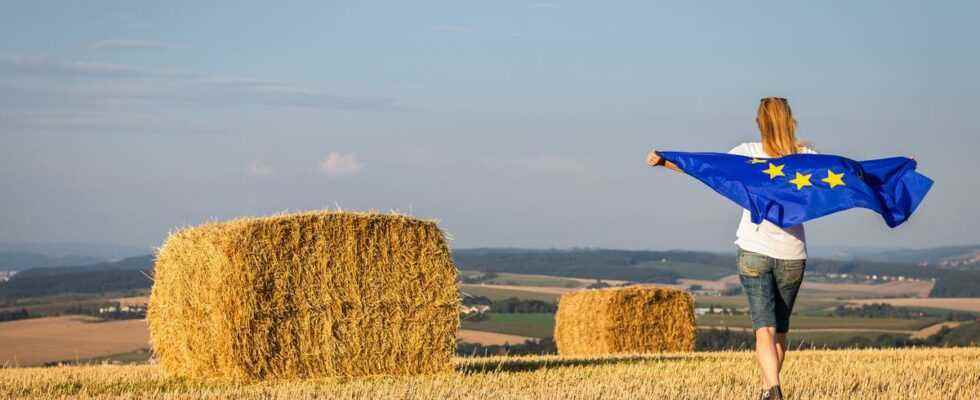The first item in the European budget is “the privileged prey of fraudsters”, warns the Court, which calls for more control by States.
The first item in the European budget, the Common Agricultural Policy (CAP) is “the preferred prey of fraudsters“who exploit”loopholes“national controls, warned Monday the Court of Auditors of the European Union, recommending to”do moreto track down offenders. Amounts reported as “fraudulentby the Member States represented for 2016-2020 only 0.09% of CAP aid, but “these figures do not give the complete picture», Considers the institution based in Luxembourg.
Read alsoThe Common Agricultural Policy, a tangle of aid that has become more and more complex over time
Thus, out of a sample of 698 CAP payments studied over the period 2018-2020, the Court identified “errorsin 101 cases and estimates that the suspicion of fraud exists for 17 of them. The files were sent to Olaf (European Anti-Fraud Office) or to the European Public Prosecutor’s Office, competent to investigate. “The more complex the criteria, the greater the risk, especially in rural development aid: some applicants omit key information or artificially create the conditions to be eligible“, underline the experts of the Court in their report.
To receive aid for agricultural SMEs, some farms do not declare their links with other groups: for example, a Lithuanian cooperative received 200,000 euros, although it was a subsidiary of a large multinational and could not claim to this grant. Another case, in Poland, members of the same family each made separate applications for aid for the construction of a pigsty asking for the maximum amount, claiming to have independent activities to circumvent the eligibility limits – the size and the results. For the help ofyoung farmers», you have to be under 40 and settling for the first time: however, some actually derive most of their income from non-agricultural activities.
Court calls on EU to better assess anti-fraud measures
The Court also condemns the “land grab“, fraud allowed by falsified documents, “the use of political influence, manipulation of procedures, bribes“. “Fraudsters acquire land for the sole purpose of receiving aid, without carrying out agricultural activity on it», with a high risk in mountain areas, «where it is difficult to verify activity, such as grazing“says the report. Another example cited: a Polish dairy farmer had received help to buy heifers, but he simply acquired them from his father, with whom he shared the same barn. A few days later, he sold these same animals, which never moved, to his father, who, in turn, received aid from the CAP supposed to help him finance this purchase.
Read alsoThe European Commission is pushing France to review its copy of the CAP
The Court calls on the European Commission to better assess the anti-fraud measures of States and recommends making greater use of new technologies (data mining, satellite imagery, photo-interpretation, etc.) to limit the risks.
